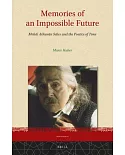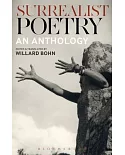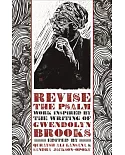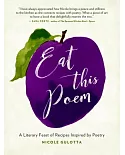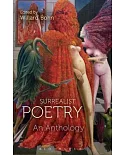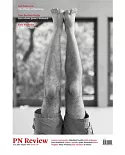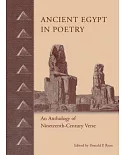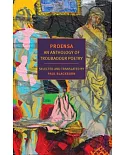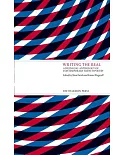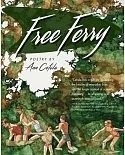The fertile land of the five rivers (Punjab in Persian) has persistently stirred the imagination of its peoples. Its story is the story of invasion. In 326 BCE, Alexander the Great marched
through the Hindu Kush, conquered the verdant plains now divided between India and Pakistan, and stamped Greek cultural and linguistic influence on the region. Over the centuries, the lure of
the Punjab attracted further waves of outsiders: Scythians, Sassanians, Huns, Afghans, Turks, Mughals, and - closer to our own times - the British. Many savage battles were fought. But at the
same time, as different ethnic and religious groups came together and melded, the collective psyche of the Punjab was colored by vibrant new patterns, new worldviews, and new languages.
Punjabi poetry is the dynamic result of these cross-cultural encounters. In her rich and diverse anthology, Nikky-Guninder Kaur Singh makes a major contribution to interfaith dialogue and
comparative literary studies. Covering the entire spectrum of writers, from the artistic patterns of the first Punjabi poet (Baba Farid, 1173-1265) to feminist author Amrita Pritam (d. 2005),
the volume serves as an ideal introduction to the three faiths of Sikhism, Islam, and Hinduism. Whether focusing on Sikh gurus or Sufi saints, it boldly illuminates the area's unique
character, linguistic rhythms and celebrations, and will have strong appeal to undergraduate students of religion, literature, and South Asian studies, as well as general readers.


